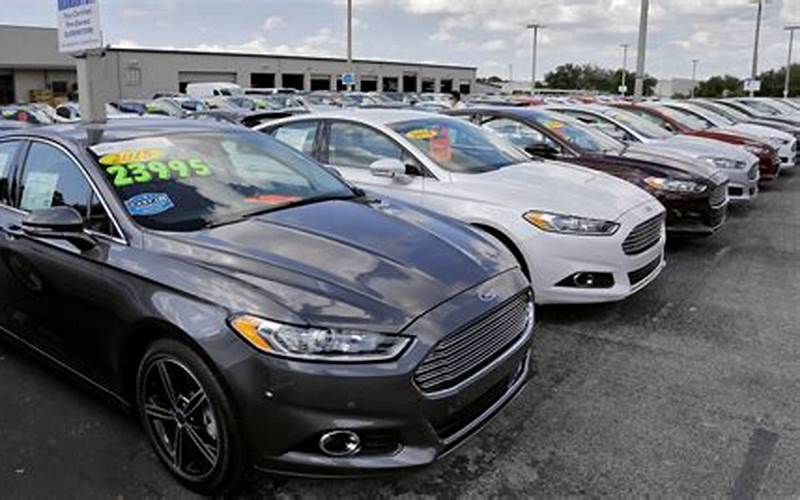Buying a used car can be a great way to save money compared to buying a brand new vehicle. However, it’s important to make sure you do your research and make informed decisions when buying a used car. Here are 10 tips to help you navigate the process:
Contents
1. Determine Your Budget and Stick to It

Before you start shopping for a used car, determine how much you can afford to spend. This will help narrow down your options and ensure you don’t overspend. Be sure to factor in additional costs such as insurance, registration fees, and maintenance expenses.
2. Research the Car’s History
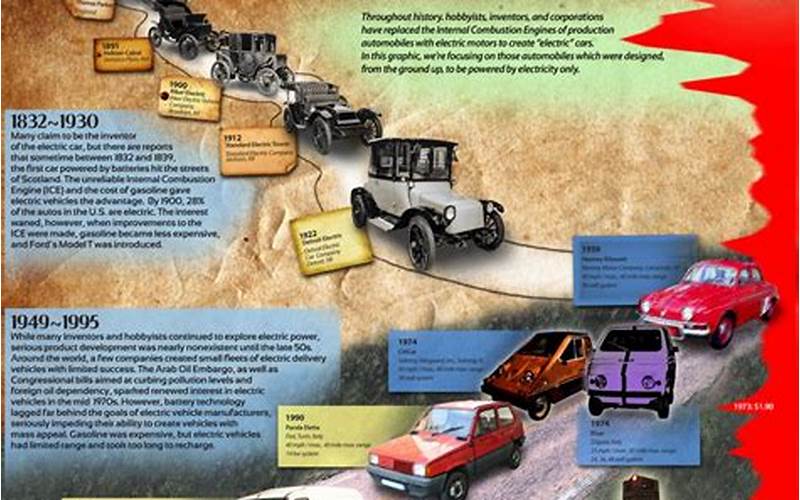
When buying a used car, it’s important to research its history. This can help you uncover any potential issues with the car such as accidents, repairs, or previous owners. You can use online resources such as Carfax or AutoCheck to get a detailed history report.
3. Test Drive the Car

Before making a final decision, be sure to test drive the car. This will give you a chance to see how it handles, check for any unusual noises or vibrations, and get a feel for the car’s overall condition.
4. Get the Car Inspected
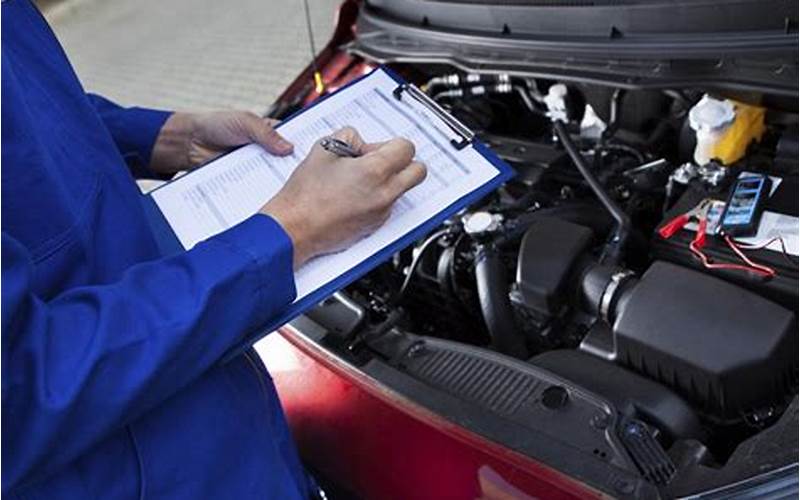
Even if the car seems to be in good condition, it’s still a good idea to get it inspected by a mechanic before purchasing. They can identify any potential issues that may not be immediately visible and give you an idea of what repairs may be needed in the future.
5. Consider the Car’s Mileage
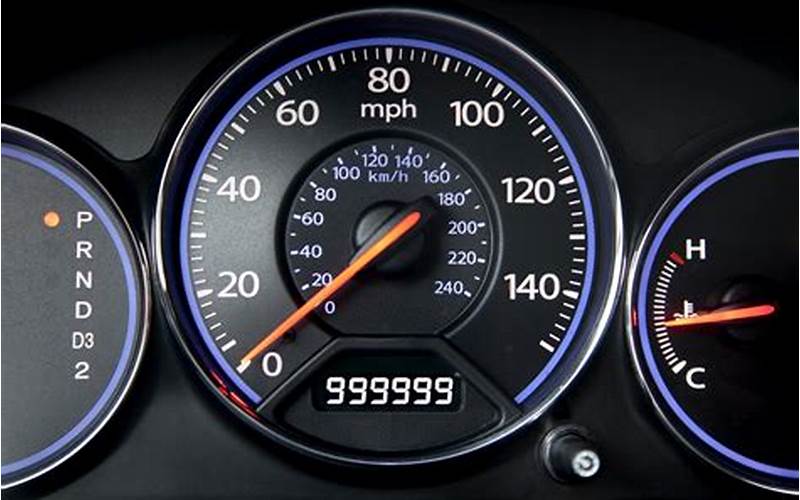
When buying a used car, consider the mileage. Higher mileage cars may have more wear and tear and may require more maintenance in the future. However, a well-maintained high mileage car can still be a good option.
6. Check the Car’s Title
Make sure to check the car’s title before purchasing. This will ensure that the car is legally owned by the seller and that there are no liens or other issues with the title.
7. Negotiate the Price

When buying a used car, don’t be afraid to negotiate the price. Do your research beforehand to determine what a fair price for the car would be based on its condition, mileage, and other factors. Be prepared to walk away if the seller isn’t willing to negotiate.
8. Check the Car’s Warranty
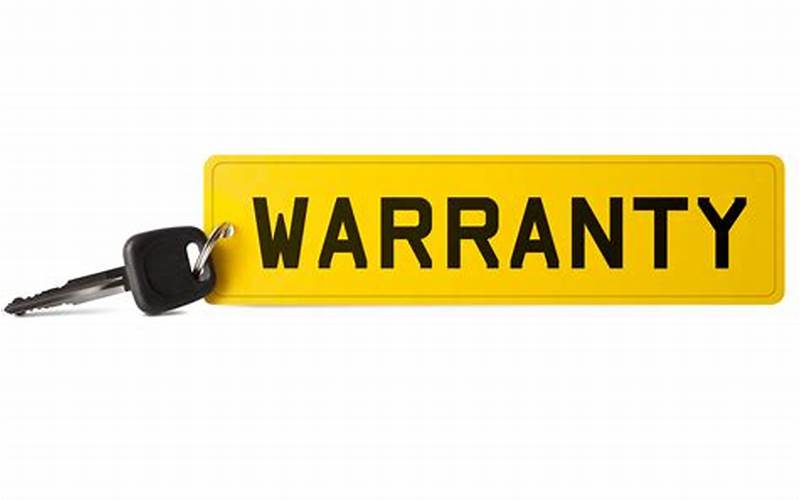
Before purchasing a used car, check to see if it comes with any remaining warranty. This can give you added peace of mind knowing that you are covered in case any issues arise with the car.
9. Consider Financing Options

If you plan on financing your used car purchase, consider your options beforehand. Shop around for the best interest rates and terms to ensure you get a good deal.
10. Don’t Rush the Decision
Finally, don’t rush the decision when buying a used car. Take your time to do your research, test drive the car, and get it inspected. Be patient and wait for the right car to come along.

